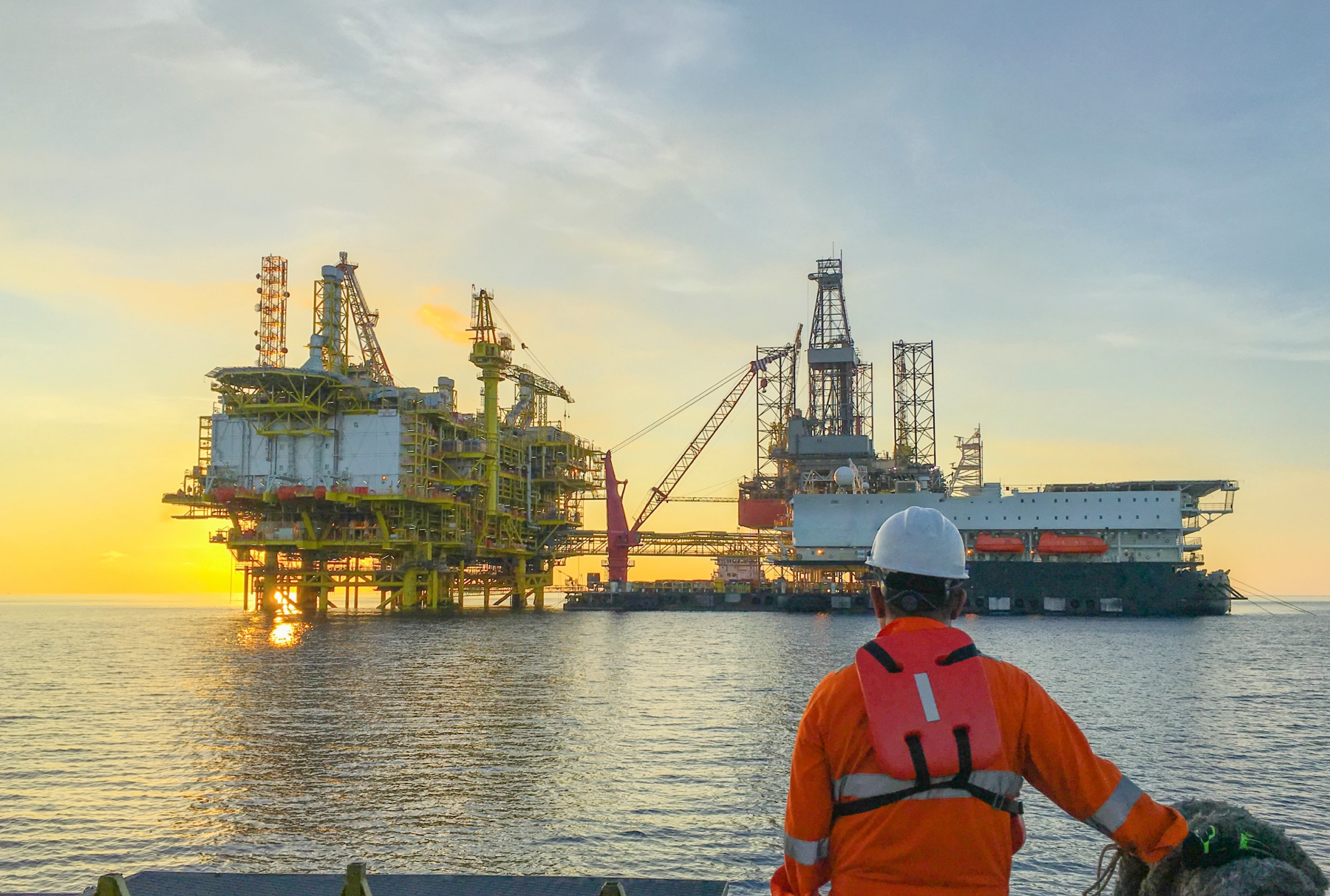Sustainable tuna fisheries through advanced earth observation tech
Improving the efficiency of tuna fishing fleets using Big Data and associated technologies.
Project leader
Dr Alan J Murphy
Dates
May 2020 to April 2023
Project staff
Sponsors
Partners
Marine Instruments (Lead), AZTI Foundation, SINTEF, Newcastle University, University of Basque Country, ZEPHYR, Echebastar, MARIDIS
Description
Fishing needs to be environmentally friendly, economically viable and socially sustainable. This will ensure long-term European food security.
The fishing industry must remain profitable by increasing its efficiency in a changing environment. In most cases, catches have reached their limit.
Copernicus is the EU's Earth Observation (EO) Programme. It offers information services based on satellite EO and in situ environmental data for the benefit of European citizens. The SUSTUNTECH project will use Big Data approaches in the daily operations of tuna fishing vessels. We will generate added value to the environmental data services provided by Copernicus.
Data feedback will increase data supply and services. It will help the industry to meet the need for high-quality sources of food. These food sources must be resilient, and economically and environmentally sustainable.
Currently, fisheries base their operations on the individual operations of ships. This leads to great inefficiencies. They have not yet explored the full potential for efficiency improvement on a fleet basis, rather than on an individual ship basis. Fisheries can achieve this by combining:
- EO data from Copernicus services
- optimisation heuristics
- machine learning
- big data methodologies
SUSTUNTECH offers an approach to high value products using Copernicus data and services. A fisheries fleet can expect fuel and cost savings of between 25% and 40% per fisheries fleet. We will produce commercialised tools at TR6-7 level using the combined capabilities of the members of the consortium. Research institutions will provide expertise in machine learning, good practice, monitoring and scientific knowledge. Industrial partners will provide expertise in sensors, advanced visualisation, and market focused product development. The project will be commercialised through the industrial partners networks of clients with shared royalties’ schemes and individual intellectual property rights.
